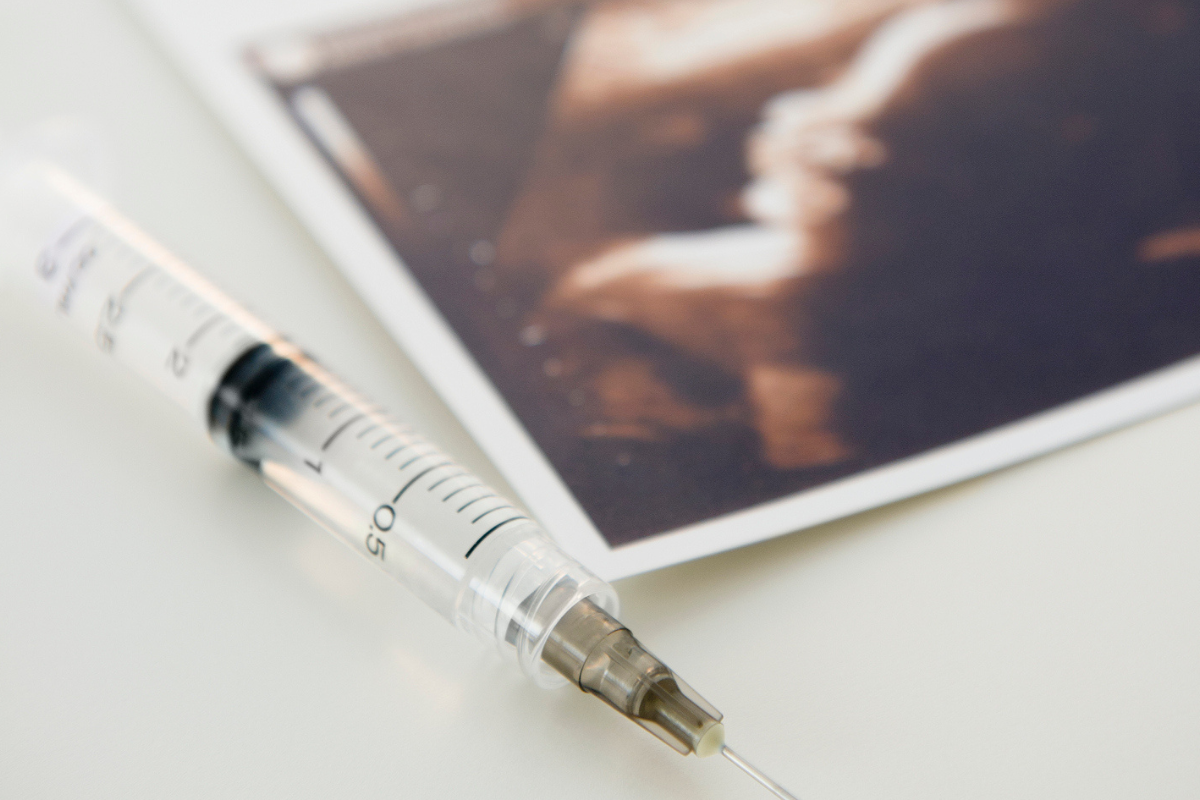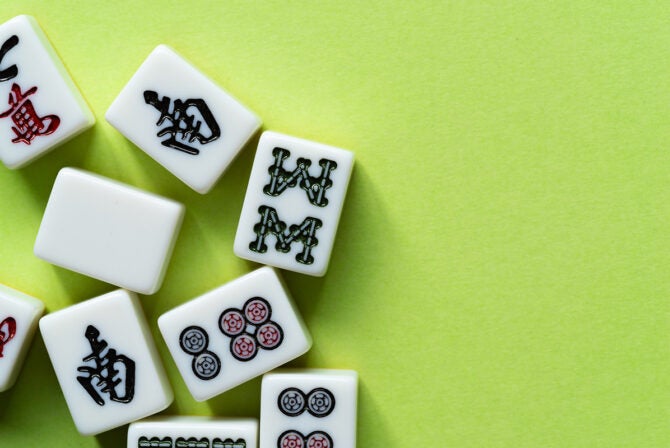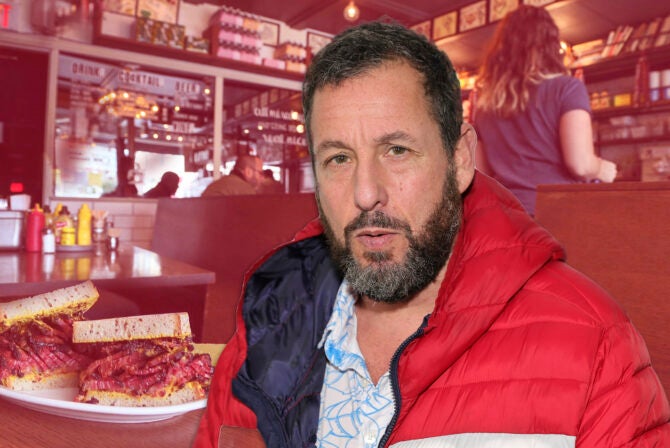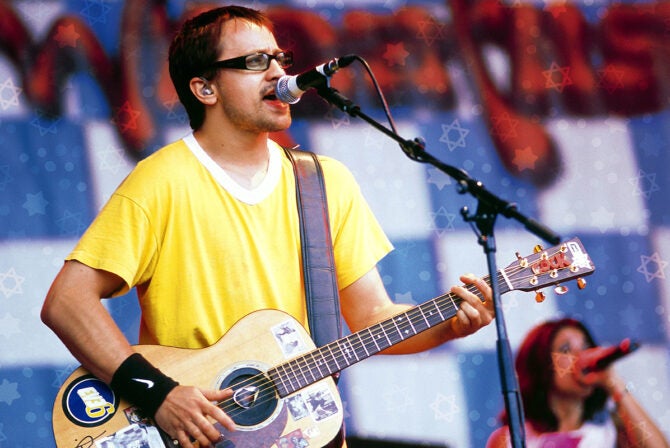Back in 2022, when Roe v. Wade was overturned, removing the constitutional guarantee of access to abortion in the United States, many warned that other reproductive rights would soon tumble as well. Well, Alabama just proved that those fears were spot on.
The Alabama Supreme Court’s recent ruling that frozen embryos in test tubes should be considered children has opened up an onslaught of questions and potential ramifications for reproductive care in the state and beyond, including the legality of in vitro fertilization.
It was the fear of rulings like this one that led my husband and me to have a discussion we had been putting off for 11 years before Roe fell.
After our second round of IVF, my husband Ryan and I welcomed two beautiful babies. Fraternal twins, a boy and a girl. Our son Asher is a funny, handsome, sweet, almost 12-year-old that is already taller than me. Our daughter Sage, his twin, died 36 minutes after she was born. Their birthday, which also happens to be our older daughter Bayla’s birthday (they are two years and 44 minutes apart), is a day of joy and also a yahrzeit, the anniversary of death on the Jewish calendar.
We wanted all of our babies. After Sage died, we wanted more. We had two embryos left in cryogenic storage, and we agonized over the decision to try again. Ultimately, our grief and the danger of another pregnancy for me forced us to close that chapter of our life. We thought it was the hardest decision we would ever make.
Turns out it wasn’t.
When Roe was in danger of falling, we had another decision to make: Do we continue to freeze our embryos, or do we let them go before we could be held legally culpable for making the decision to no longer preserve them? We saw them as “life in potential,” but not life itself. We had been holding onto them because they were the last chance we would ever have to expand our family. Ryan and I had a genetic issue that led us to the decision to perform IVF with PGD, pre-implantation genetic diagnosis, a procedure that ruled out embryos with the disease we didn’t want to pass on. Without IVF and PGD, we wouldn’t risk having children on our own. These two microscopic bundles of cells were it for us. Even if we had already decided we wouldn’t pursue IVF again, letting them go felt so final. Too final.
And yet, we chose to let them go, because we feared the repercussions of making that decision in a world without Roe, in a world where those microscopic bundles of cells were legally considered full-fledged people.
We wanted a lot of children. We wanted to give our parents a gaggle of grandchildren. We are not alone in this. As a bereaved mother and rabbi, I have sat in support groups with women who have had to have abortions because of a threat to their life or fetal abnormalities that were incompatible with life. These procedures were met with agonizing grief, physical pain and often marital strain. These women and couples wanted their babies desperately, but it was not to be.
As is often the case with anti-abortion legislation, religion was brought into the decision from Alabama. “Even before birth, all human beings have the image of God,” Chief Justice Tom Parker wrote in his decision, “and their lives cannot be destroyed without effacing his glory.”
As a rabbi, I know that my faith supports my decision to preserve my own life so that I could raise my other children. I know that Judaism also sees mental health as pivotal as physical health, and supports a decision to preserve mental health as a facet of shalom bayit, peace in the house. If carrying out a pregnancy would make me catatonic and unable to care for my living children, or maintain my marriage, my faith would support ending a pregnancy. The fetus would be considered a rodef, a pursuer of my life, and in that case, my life is paramount.
The first commandment given by God to the Jewish people is pru u’rvu; to be fruitful and multiply. Abortion of any kind is not looked upon lightly or flippantly. It is literally a matter of life and death, and in Judaism, life is everything.
Our decision to let our embryos go has not left me. Not for one second. I carry our daughter Sage with me every second of every single day. I feel her absence as much as I would have felt her presence. I also feel the absence of those two bundles of cells. But we made the right choice for our family while we still could, and that is the whole point. We made the choice.
As a country, and as people of faith, we must ensure that other families are not forced into the choice that we were, and that millions of women and couples are being forced into now. That choice should be between a woman and her doctor. A woman and her partner. A woman and her God.
My daughter died in my husband’s arms. We wanted to be the last parents to ever experience that kind of pain. But we weren’t, and there will be more. It is an indescribable pain that sadly too many of us bear every single day. We must fight to live in a world where we are not also mourning mothers who could have been saved, or future pregnancies that are no longer possible. We must return to compassion. We must maintain dignity, privacy and autonomy. My family was allowed that, and others should be, too.








